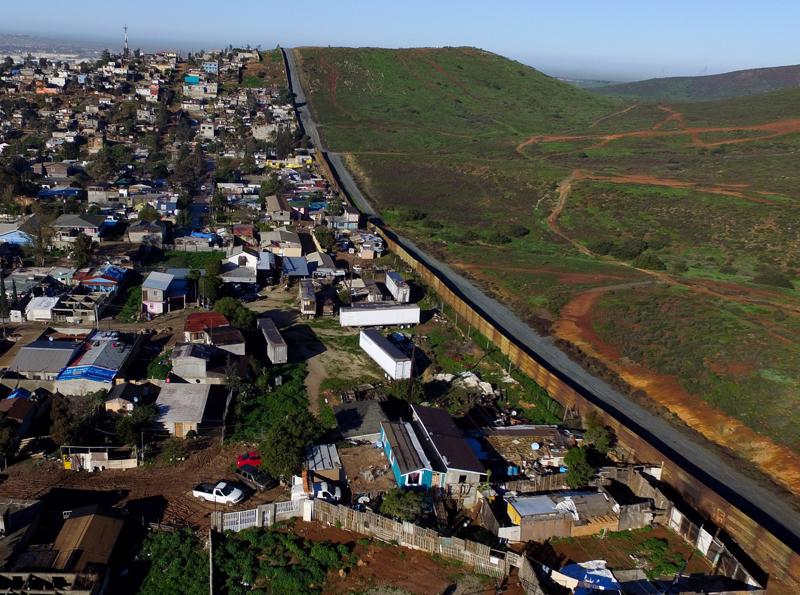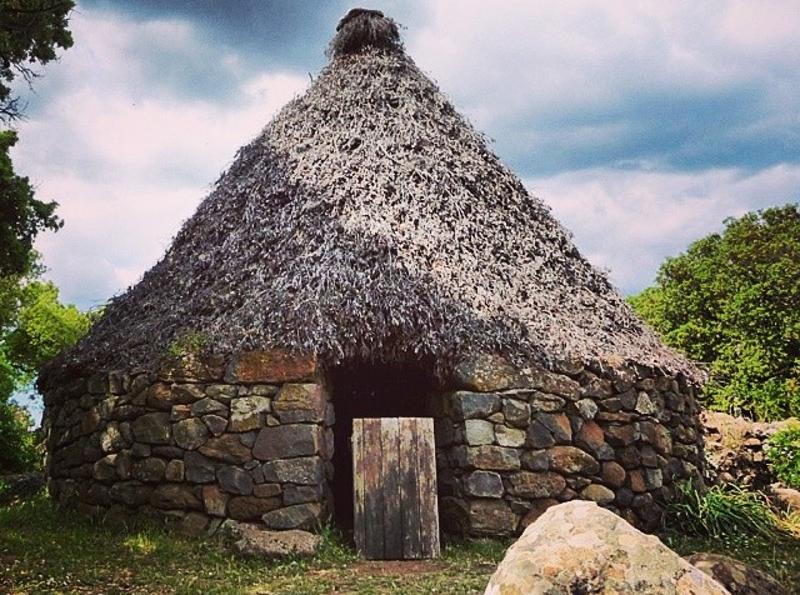My diary
Today lecture’s main topic was recovery: just on time, recovery is exactly what I need in this period… Jokes aside, it is truly of vital importance that we start investing more on recovery – or better, we invest more efficiently… Let’s take the example of the refugee camps in the Middle East, in Turkey or in the same Europe: we cannot deny the fact that governments and international agencies are rightly financing such projects but most of the time the management of
lucagambelli1505
15 chapters
16 Apr 2020
Day Thirdteen: a Recovery to Migration?
May 12, 2019
Today lecture’s main topic was recovery: just on time, recovery is exactly what I need in this period… Jokes aside, it is truly of vital importance that we start investing more on recovery – or better, we invest more efficiently… Let’s take the example of the refugee camps in the Middle East, in Turkey or in the same Europe: we cannot deny the fact that governments and international agencies are rightly financing such projects but most of the time the management of

resources seems quite poor (just a glance to the agreement between EU and Turkey on migration is enough to understand why). Refugee camps are a form of recovery but isn’t it right to say that free borders could be a form of recovery as well? I mean, the same verb ‘to recover’ implies the comeback to a previous situation of stability and borders, as history has taught us, are a fairly recent phenomenon: as a matter of fact, only with the unification processes of the 19th century borders had been appropriately traced down in Europe and the concept of the Nation-State (apart from France) was not totally rooted yet. In the Middle East that was even more obvious: it was the Europeans that in the 20th century brought the concept of Nation-State, territories and borders into the Arab culture – concepts that anyway have always been seen as foreign constructions, a mere façade and cause of many internal conflicts… If therefore we decide to go back to the pre-borders period, when everybody (or almost) had the possibility to move freely from land to land, cannot it be considered as a form of recovery? Moreover, it is in the same nature of men to migrate from place to place as a way of survival and growth – if instead we create boundaries and build walls, we are just imprisoning ourselves.
Moving away from the migration theme, recovery in general needs to be productive and participative at the same time: I think as well it is very important to give a purpose to the affected people, not exactly from an economic point of view but especially from a social and psychological one – if the entire community cooperates, if everybody feels s/he is doing something good for the others and the others are helping him/her, the whole moral of the people rises up again and efficiency as well. Furthermore, social work helps also in building up a stronger sense of community and social duty, something that has been proven to be extremely empowering and productive.
If then I was to apply recovery on a possible scenario concerning me – for example, just saying a possibility… my house could catch fire and I would lose all my monthly budget – what I would do is to basically switch to permanent power-saving mode: knowing myself I would not ask help to anybody so I would prefer instead to cut the costs to the minimum for that month or so, meaning that I couldn’t go out anymore, avoid vending machines and eat nothing that is too ‘fancy.’ Probably I would start charging for helping people out with studying or for cooking for them, but I don’t think I would actually need to find me a job in order to keep my university studies going. But anyway, even before all of this, I would move out from campus…

1.
Day One: New Possibilities
2.
Day Two: Hazards in Sardinia
3.
Day Three: 2016 Louisiana Flood
4.
Day Four: Resilience and Structural Changes
5.
Day Five: the Development Loop Theory
6.
Day Six: New Inclusive Growth
7.
Day Seven: Culture and Different Perspectives
8.
Day Eight: Social Safety Nets
9.
Day Nine: Swimming Competitions
10.
Day Ten: Viruses and Vaccines
11.
Day Eleven: the Psychology of Reactions
12.
Day Twelve: Outrage
13.
Day Thirdteen: a Recovery to Migration?
14.
Day Forteen: Building back Communities
15.
Day Fifteen: the Final Choice
Share your travel adventures like this!
Create your own travel blog in one step
Share with friends and family to follow your journey
Easy set up, no technical knowledge needed and unlimited storage!